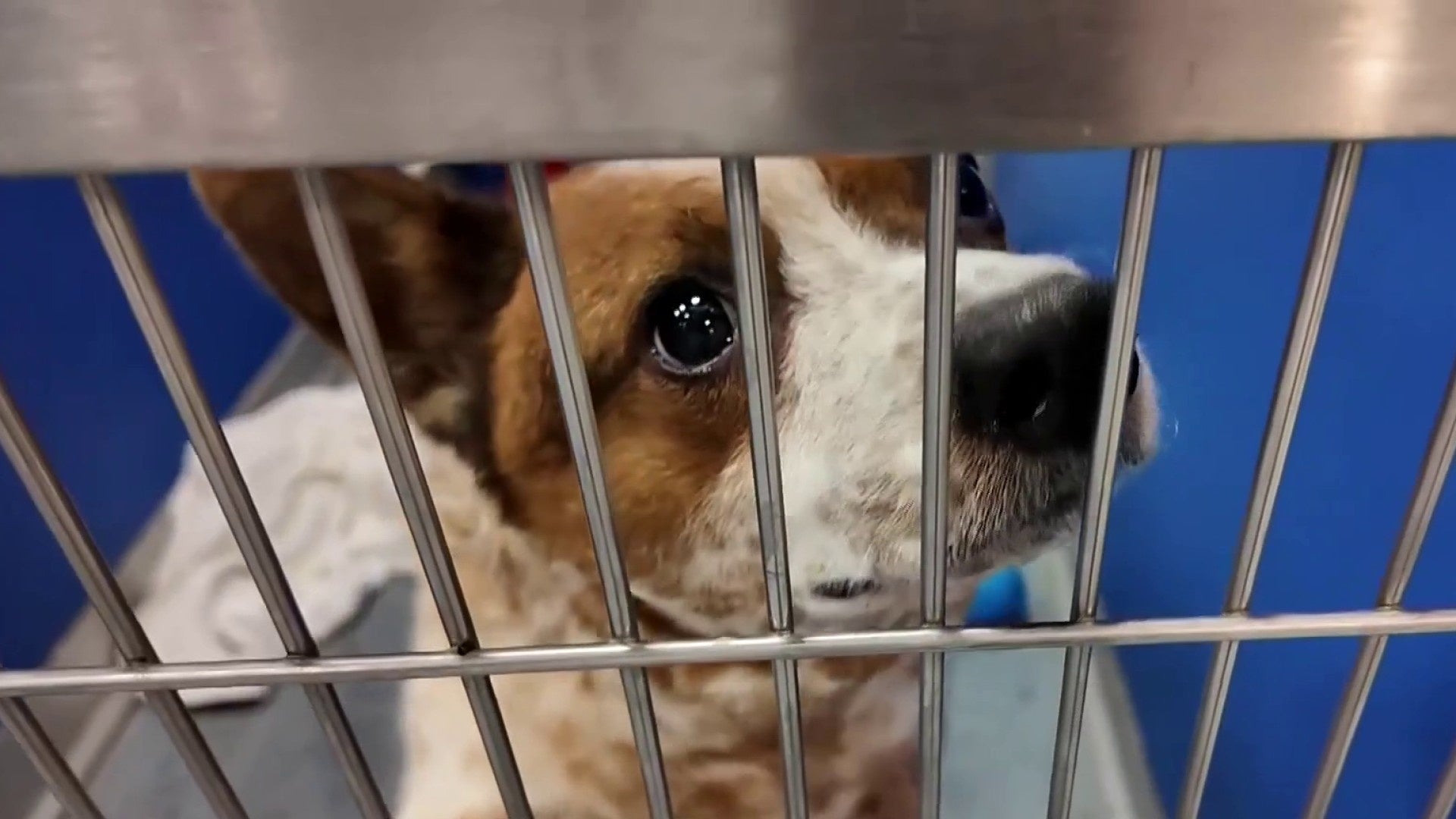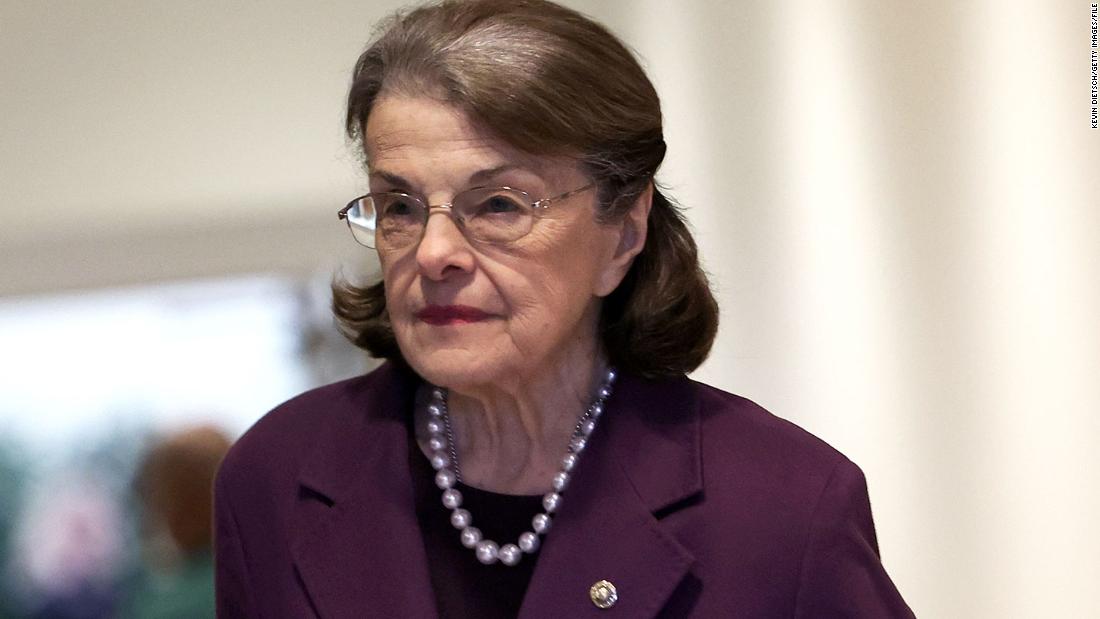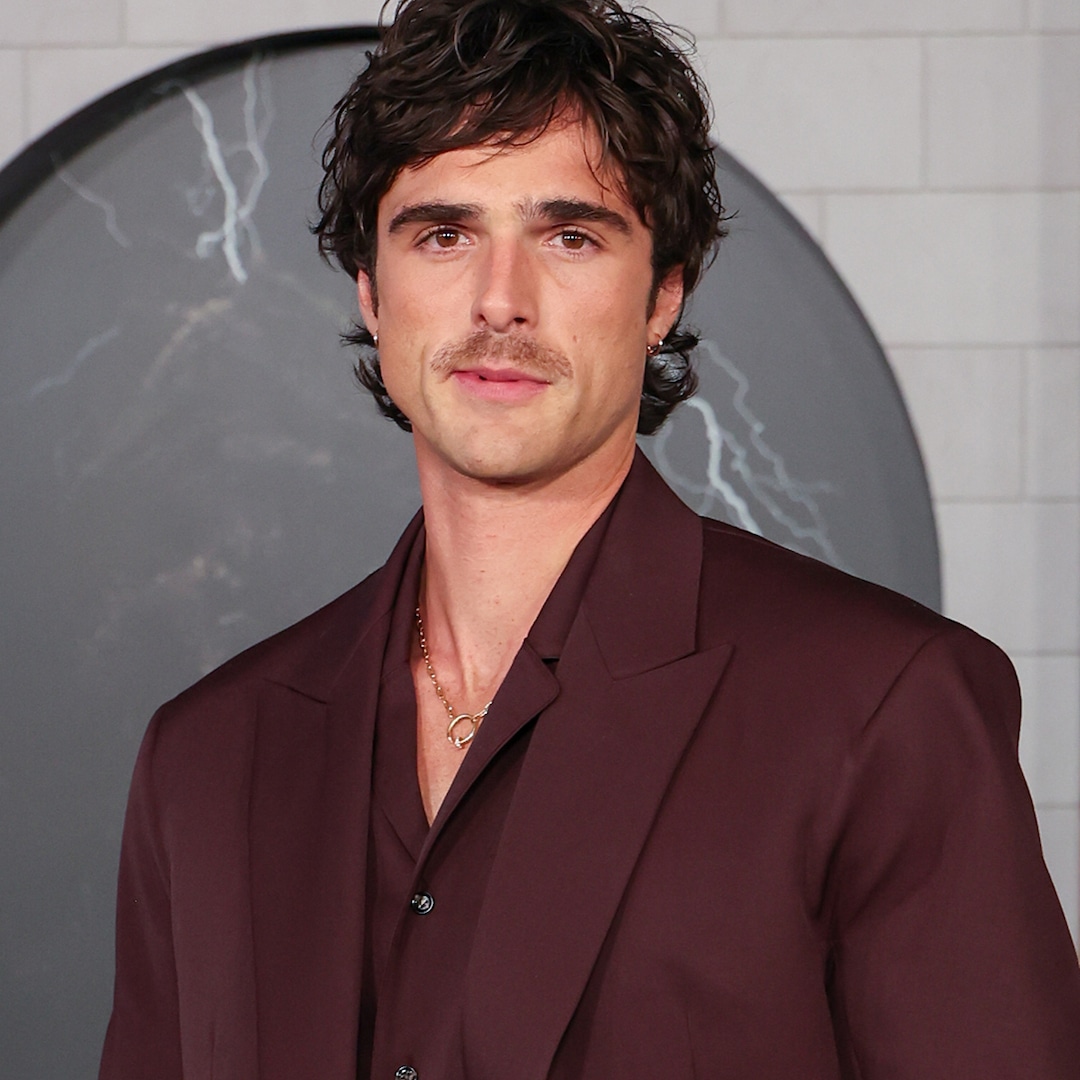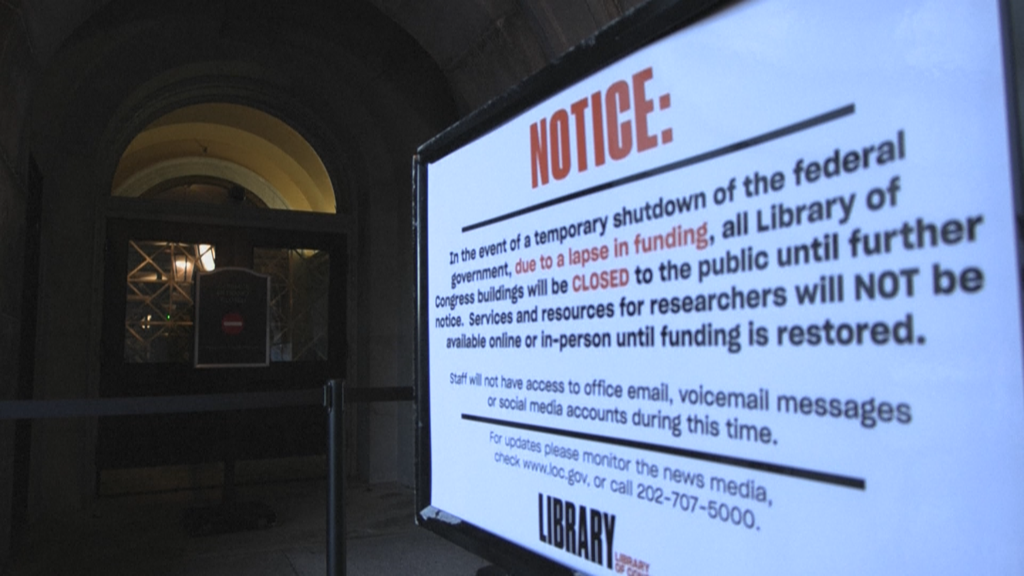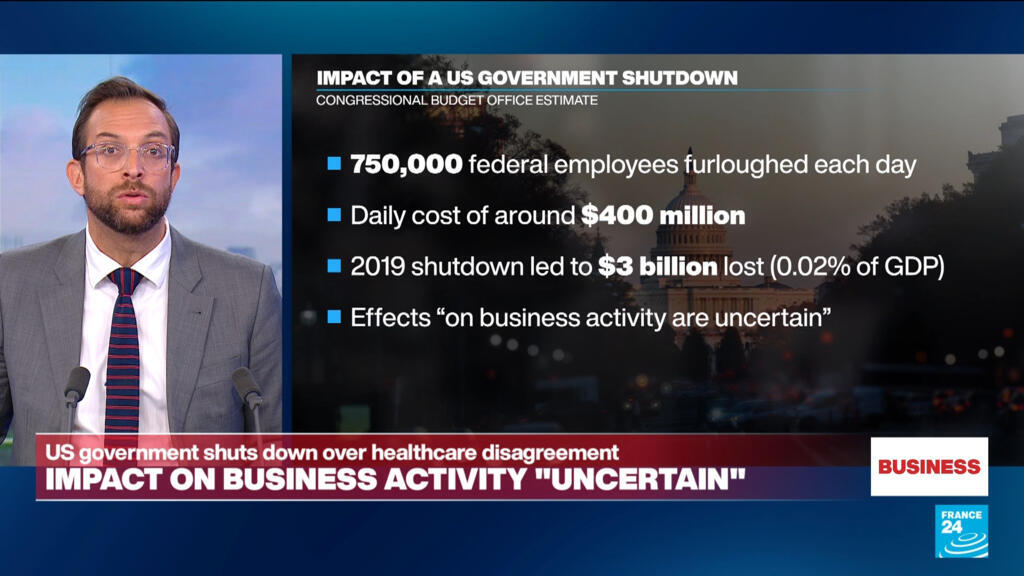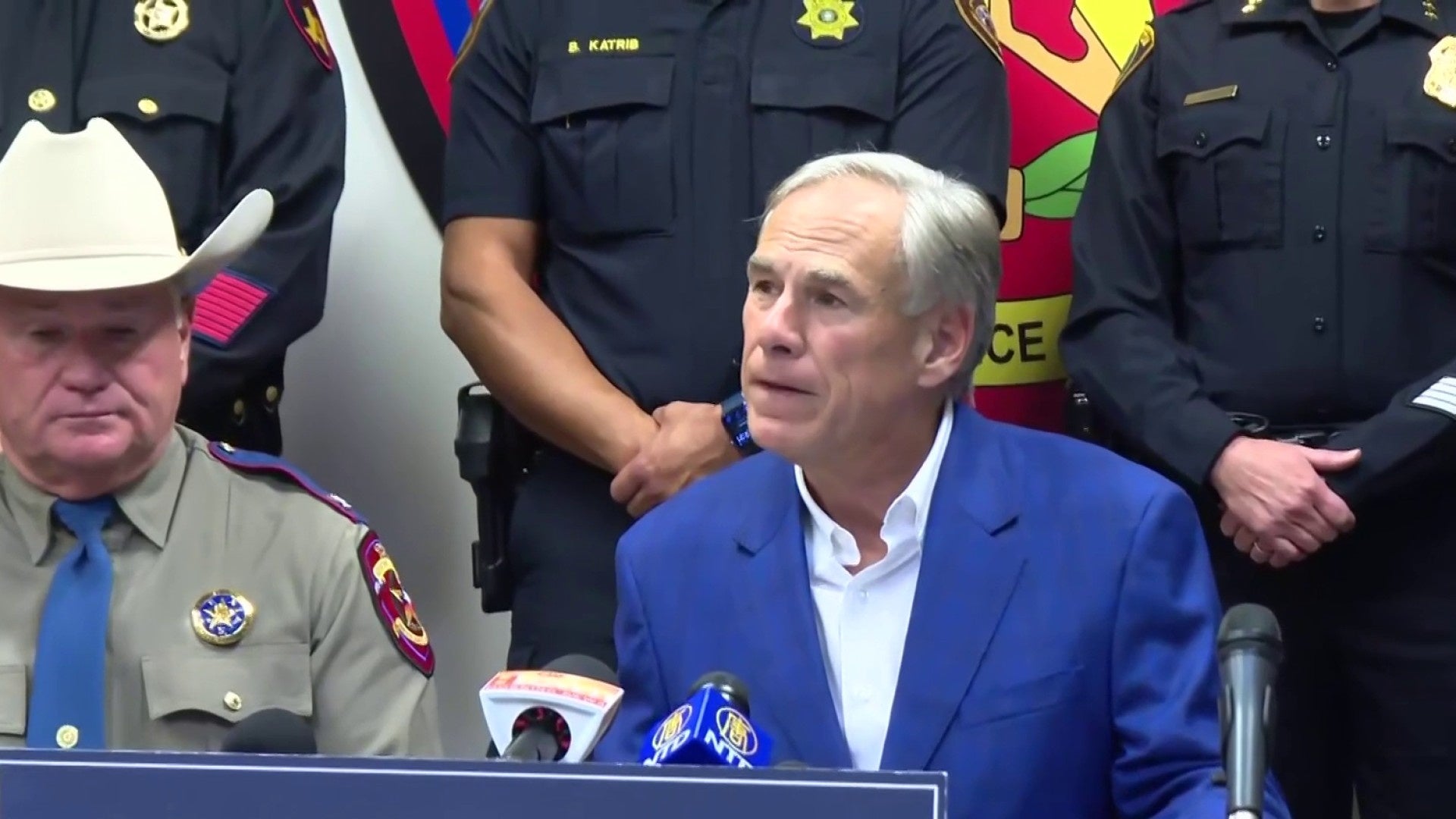Sarah Hartsfield BLOG: Doctors and nurses testify about Joseph Hartsfield’s condition before his death
Day 3 of the trial has revealed testimony about Joseph Hartsfield's medical struggles before his death.
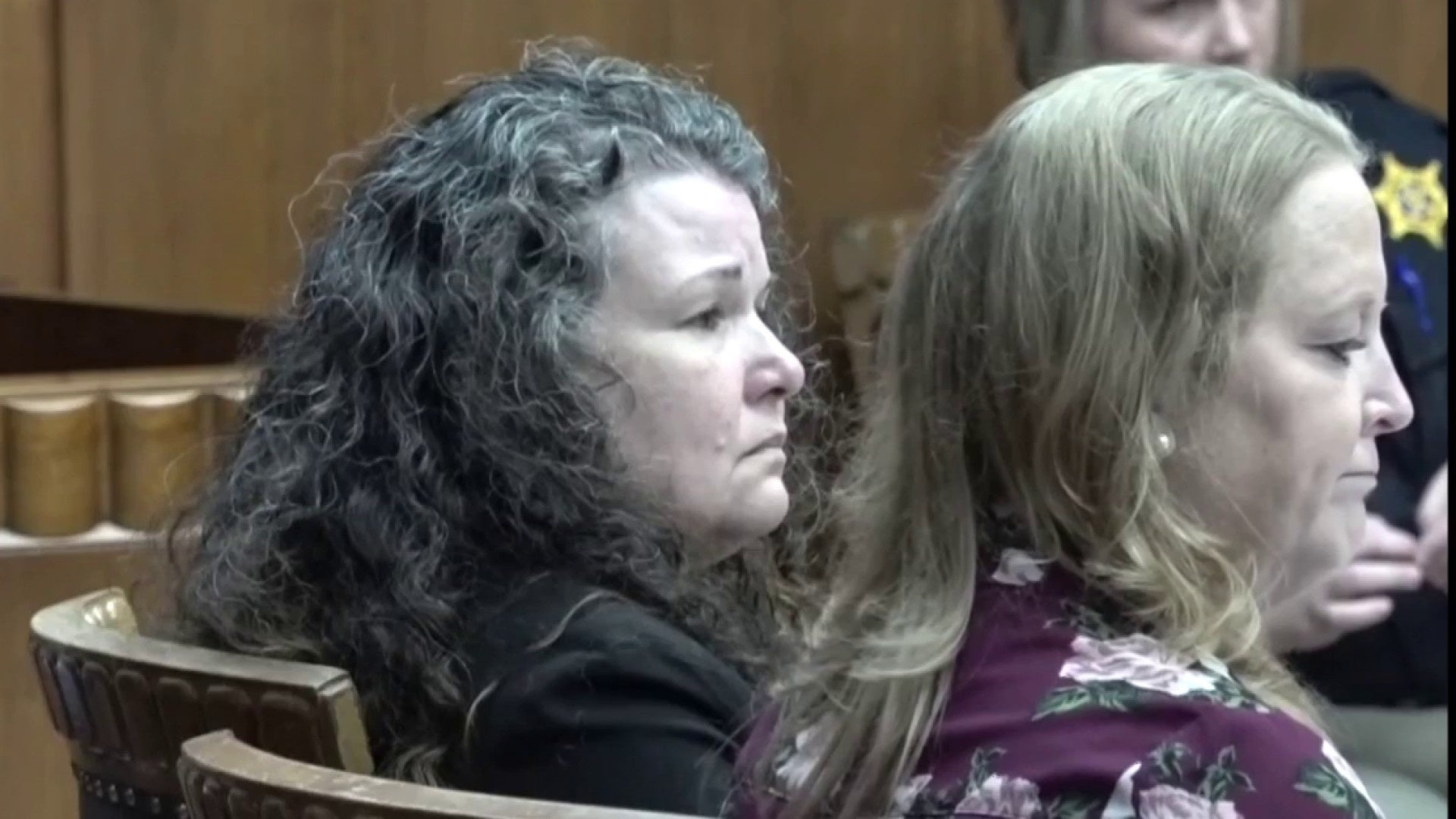
On Day 3 of the Sarah Hartsfield murder trial in Chambers County, medical records and in-hospital treatment of her husband, Joseph Hartsfield, took center stage. 
Records presented to the jury showed Joseph had been hospitalized multiple times for diabetic complications, including diabetic ketoacidosis (DKA). One record from October 2018 noted that the “patient reports only taking short-term insulin but not taking any long-term insulin, it appears.” Other hospital records showed his blood sugar once soared to 488 with an A1C of 11%, and documents noted “medication noncompliance.”
Two doctors who treated or monitored Joseph then took the stand. Dr. Souad Enakuaa, an endocrinologist, testified that Joseph had “uncontrolled type 1 diabetes,” and said, “Joseph wasn’t compliant with prescribed insulin doses; Joseph had anxiety about hypoglycemia, Joseph would always do less or skip it.”
She also discussed his use of a Dexcom continuous glucose monitor. She said Caryn Legros, a registered nurse at Houston Methodist Baytown, who testified about Joseph’s condition when he first arrived at the hospital in January, that “Dexcom alerts if sugar is below 70 … when it’s below 55, it’s urgent low, and the alarm goes off repeatedly and loudly.” On that point, Enakuaa said that Joseph “set his ‘low’ to 100,” which she said “indicated Joseph was so scared to drop, not usual for patients to do that.”
Enakuaa also referenced medical treatment during Joseph’s hospitalization, stating that medical records showed he received “three amps of glucose and continuous glucose in hospital,” which she said implied “Joseph had a big but unknown amount of insulin.” On cross-examination, she acknowledged she did not know “if Joseph was receiving sound or (if his) phone was off” when the Dexcom alerted him of his low blood sugar on Jan. 6 through the 7. She said the Dexcom did not show signal loss because data showed on the report.
The second physician on the stand, Dr. John Knight, who had treated Joseph from 2016 through 2022, testified that Joseph’s diabetes was never well controlled, noting his A1C levels “averaged around 10 to 10.5%, which he described as ‘very uncontrolled.’ Knight also said that low blood sugar “is not something that typically results in death for his patients” and said that Joseph was the first of his patients to die from hypoglycemia. He called it “surprising” given Joseph’s history of high glucose.
We also heard from Caryn Legros, a registered nurse at Houston Methodist Baytown, who testified about Joseph’s condition when he first arrived at the hospital on January 7, 2023. She said the only report they received was of an “unresponsive patient that was hypoglycemic.” Legros told the jury that Joseph “wasn’t responding to any of the treatment,” and that though “the treatment should cause levels to go up and usually stay,” his blood sugar “would go up a little bit and then fall again.” She said she began questioning, “What am I missing? What am I not doing correctly?” and felt “something was counteracting the sugar water they were giving Joseph.”
As the trial moves into Day 4, the medical testimony and procedural handling of Joseph’s treatment and monitoring will most likely remain a central topic.
KPRC 2 will continue its blog with the latest developments.
9:30 a.m. - Break so the judge can hear and rule on body camera video from Deputy Yeatman
9:08 a.m. - Deputy Bran Yeatman called as the eighth witness of the trial
Deputy Bryan Yeatman with the Chambers County Sheriff’s Office was called to testify. Prosecutor Sara Porterfield led his questioning.
Yeatman told jurors that medical staff had concerns about Joseph Hartsfield and “concerns about foul play.”
At the hospital, Yeatman spoke directly with Sarah Hartsfield. He said Sarah told him that Joseph “was tired from work” and that she “just had surgery.” According to Yeatman, Sarah said Joseph “was in bedroom laying down, sleeping” and that she called the ambulance around 2:02 p.m. the same day. Sarah also gave him a brief timeline of the day before, saying Joseph “came home from nightshift work, came home around 3–4 a.m. and had been in bed since he got home.”
Sarah told the deputy that Joseph got up “multiple times” before she called for help, “to get a drink and use the bathroom.” She said she made him “a broccoli cheese cheddar rice casserole dish” around 4:30–5, but that Joseph “only ate a bowl of it.” She added that Joseph asked for “2 insulin needles.”
Yeatman testified that Sarah told him she was “watching Dexcom and Joseph was snoring loudly,” that “alerts were going off,” and that she was seeing them. She also said she was “out of it because of prescribed medicine from recent surgery,” and that she was “staying on couch in living room; in and out of sleep.” Sarah admitted she “felt guilty because she was falling asleep.”
Yeatman described Sarah and Joseph’s home as having “a lot of moving boxes still in rooms, the house was in disarray.” Inside the main bedroom, he said he noticed “sheets were flipped over, a pile of vomit, clothes on the floor.”
At the hospital, Yeatman said that Joseph’s family “seemed distraught, concerned, wanted investigation,” while Sarah appeared “pretty content at the time; kind of there, calmer than the rest of the family.” He said Sarah “sobbed a little bit when talking to the deputy.”
On cross-examination, defense attorney Case Darwin focused on Yeatman’s body camera statement from Sarah at the hospital. Darwin presented a disc labeled as “Defense Exhibit 8: disc with Sarah hospital body camera recording.” The state objected, arguing it was not properly authenticated and “contains hearsay.” The judge ruled it was not hearsay.
9:00 a.m. - Court resumes on day 4
